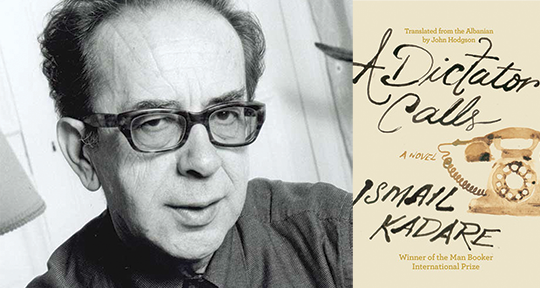Humans throughout history have been fascinated by the elements. Unfathomable forces of nature, they entered our myths and minds aeons ago. There’s no time when we’re not in their thrall. Drawing from the vast store of our collective imagination across mythology, philosophy, religion, literature, science, and art, I present Elementalia, a series of five element-bending lyric essays that explores their enchanting stories and their relationship with the word—making, translating, and transforming meaning and message. This is not an exhaustive (nor exhausting) effort that covers every instance of and interaction with each element, but rather an idiosyncratic, intertextual, meditative work—a patchwork quilt of conversations with other writers, works, and texts across space and time.
Earth is cracking along her fault lines. And most of these fault lines are now human.
*
[William of Baskerville, a Franciscan friar-turned-detective:] “This is what we need: a way to get into the library at night, and a lamp. You get the lamp. Linger in the kitchen after dinner, and take one…”
[Adso of Melk, his protégé, a Benedictine novice:] “A theft?”
[William:] “A loan, in the name of the greater glory of the Lord.”
[Adso:] “If that is so, then count on me.”
– Umberto Eco, The Name of the Rose


